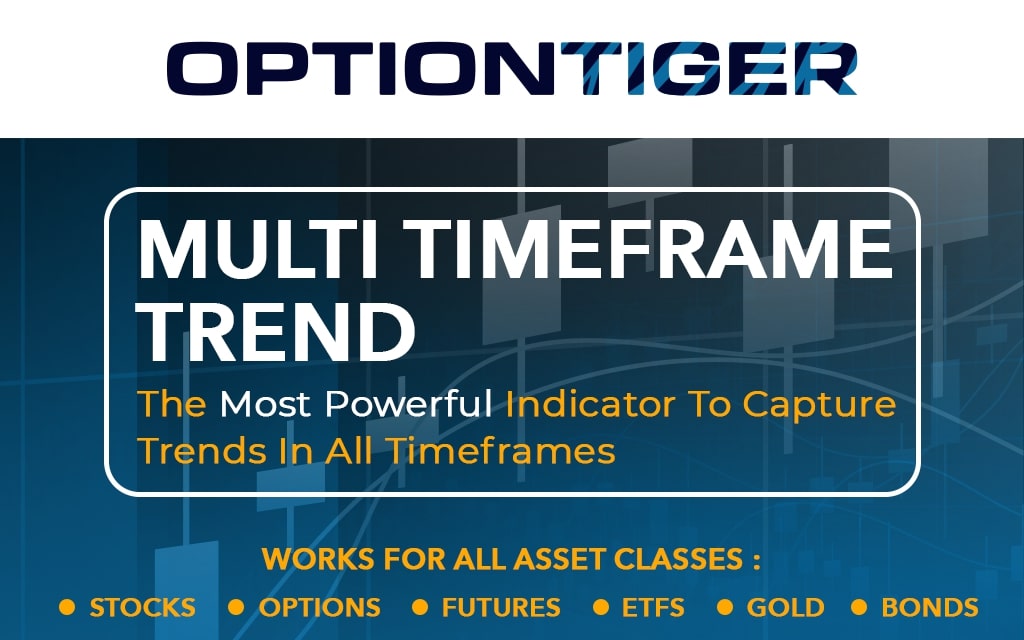Okay, this is one topic where we don’t mince our words. In the last decade or so, the financial world has changed, possibly irreversibly at least for the next decade or more. Back in the 70’s, 80’s and 90’s, “Buy and Hold” worked very well. Investors and fund managers like Jack Bogle and Peter Lynch picked stocks well, built solid portfolios and generated attractive returns for their investors. The world immediately attributed their stellar success to “Buy and Hold” strategies or long-term investing. Little credit is given to facts like stability in the macroeconomic environment when developed countries had Debt to GDP ratios in the 10 to 30%, no trillion dollar wars, responsible regulations like the Glass Stegall Act, and exotic securitization of mortgage securities or student loans were virtually non-existent. All of that has changed now. Debt to GDP ratios of most developed nations are approaching 100% or have exceeded it already. Wall Street is still cranking out credit default swaps and other toxic crap without any oversight. This kind of a shift has produced a permanent impact on the markets. If you need any proof, just study the next two graphs, showing nominal (before inflation) and real (after inflation) returns of the 3 major US indices between 2000 and 2012. These numbers are unbelievable – even if you discount the Nasdaq for its wild dot-com flirtations, the S&P 500 has a negative real return of -32% in the last 12 years.
BUY AND HOLD IS ONLY A BUY AND HOPE STRATEGY.
Both images are courtesy of Doug Short of AdvisorPerspectives.com – Click images to enlarge.
At optiontiger.com, we believe this situation is not likely to change anytime soon. The ideal timeframe for everyday investors is to look at no more than a 3 to 6 month horizon. Understand the current sentiment, pick your stocks, indices or ETFs through detailed analysis (takes 10 minutes for each security), pick your outlook (bullish, bearish or neutral), and tailor your strategy for that outlook. This is the only way to be profitable in the markets today. If you want to become a master at that, check out our courseware – this is exactly what we do !





3 months?
Here’s a suggested experiment:
You should pick your outlook depending on tossing coins.. (HH – Bullish , HT – Neutral, TH- Bearish, TT – Flip again), and tailor your strategy for that outlook.
Take an observation period for 5 yrs at least.. and compare the returns with yours.
You are welcome
Your experiment has a good chance of beating the S&P return 🙂 Jokes apart, “buy and hold” may work for developing countries, because those countries are in a different phase in market and country development. Although if you looked at 2008, the S&P 500 crashed 50% in 2008 and 2009, but BRICs fell between 60 to 70%. But they also rebound with vengeance. If you’re willing to stomach this kind of volatility, then BRIC and other developing markets are still good for “buy and hold”. But developed markets – NO. We cover this phenomenon here. There’s no fun in watching your account statements melt away. You’re better off exiting, and re-entering at much more favorable prices.